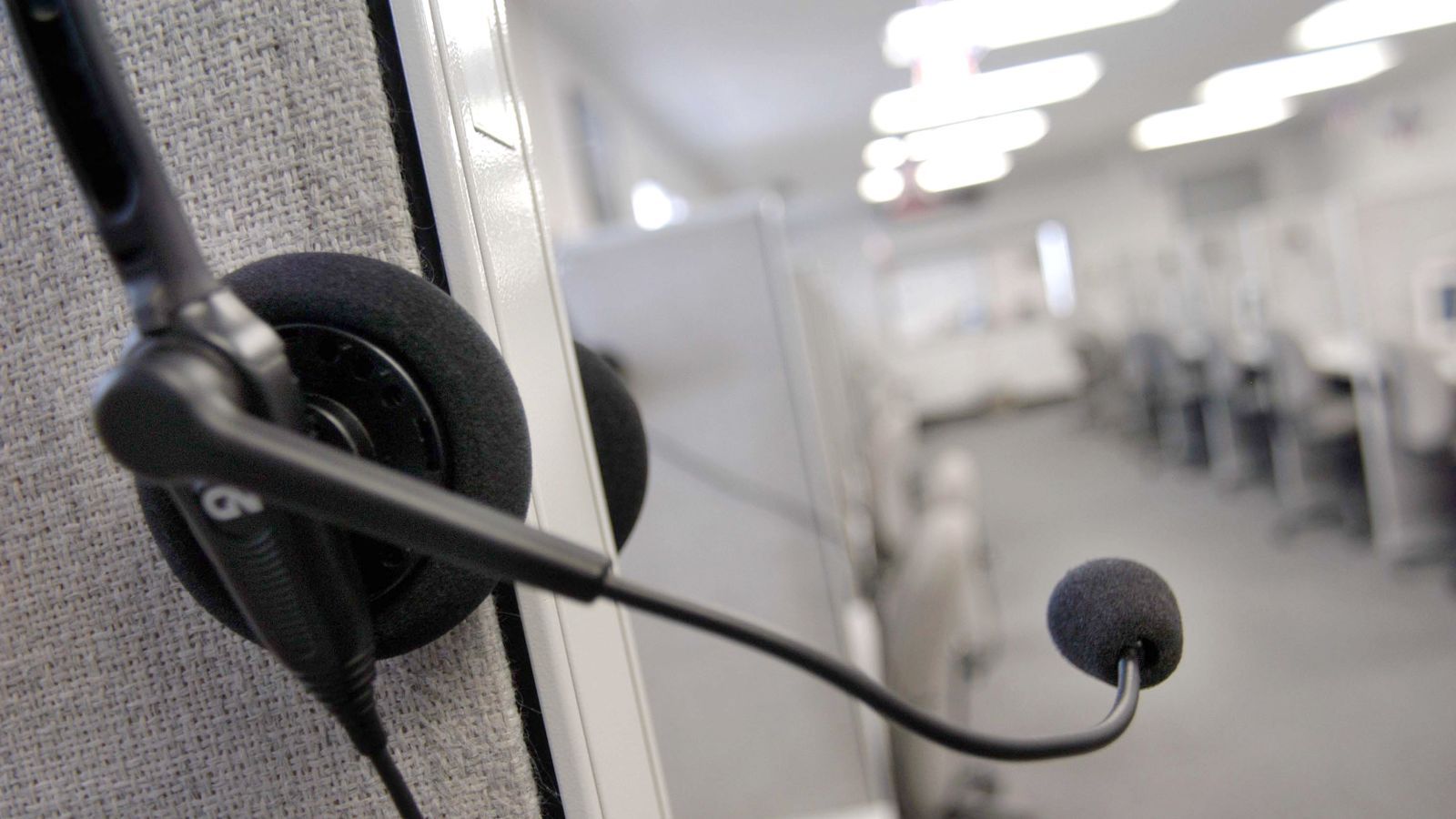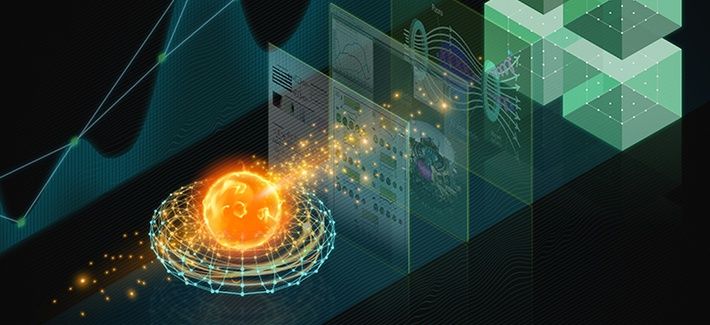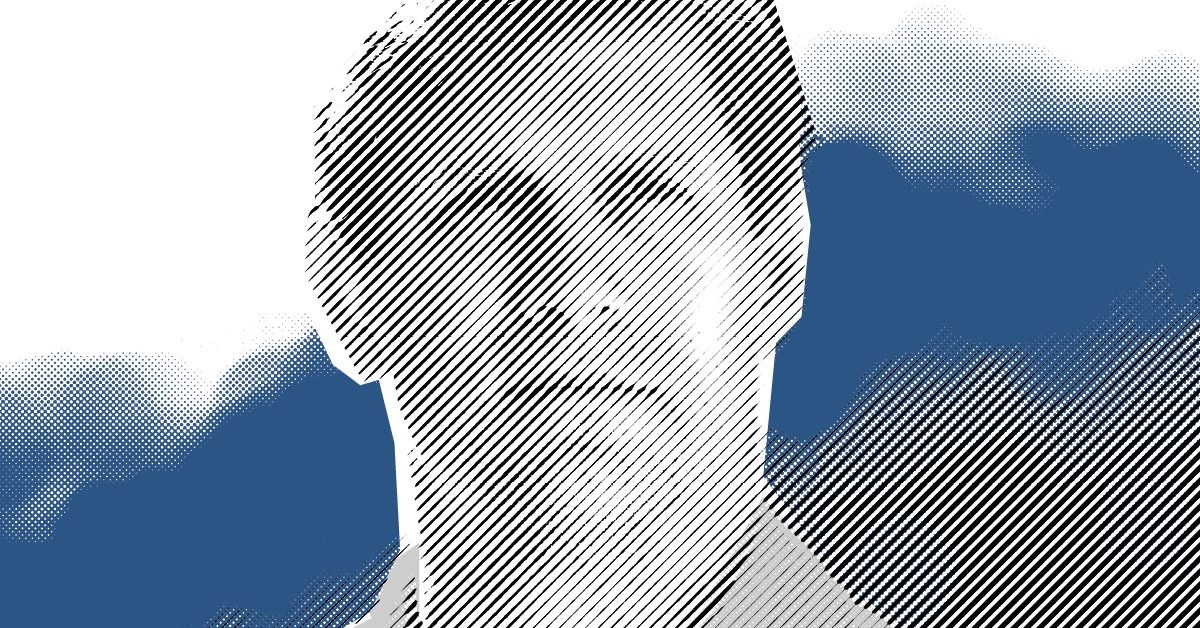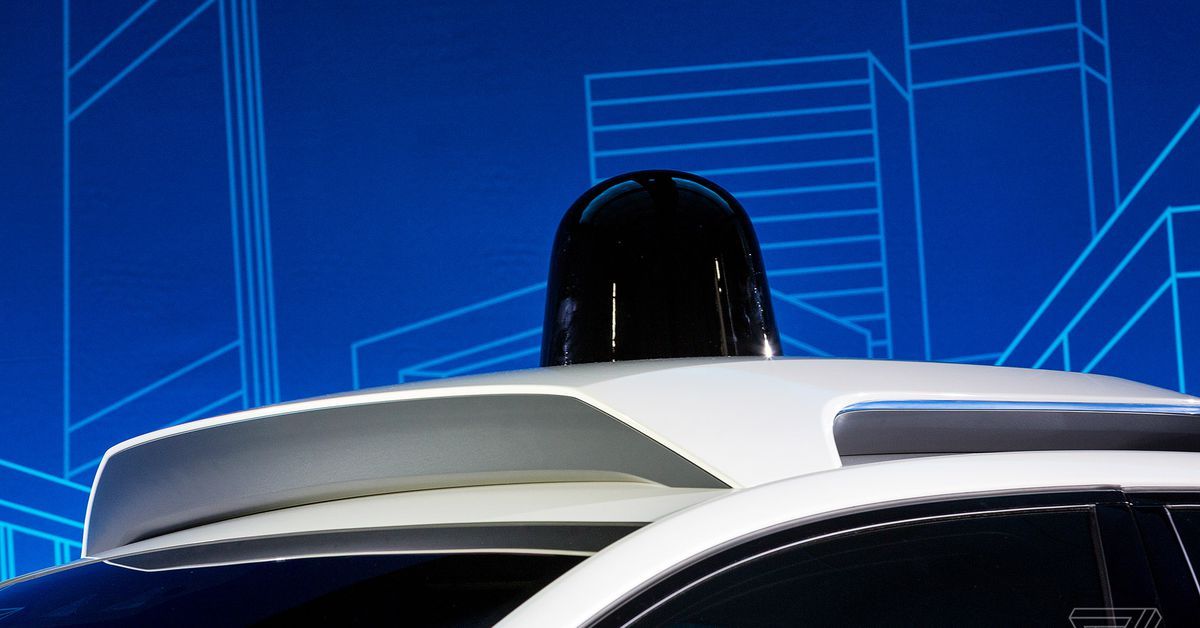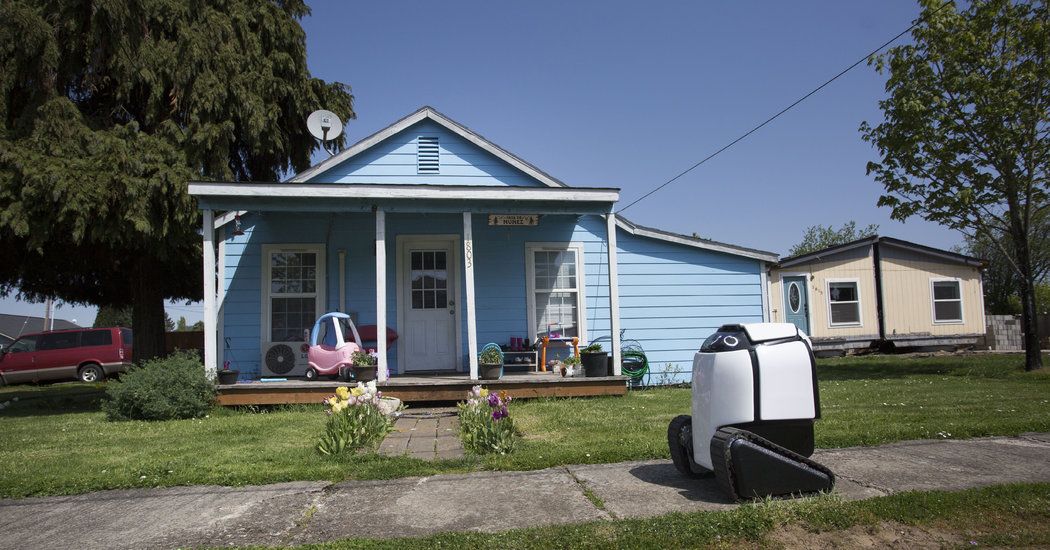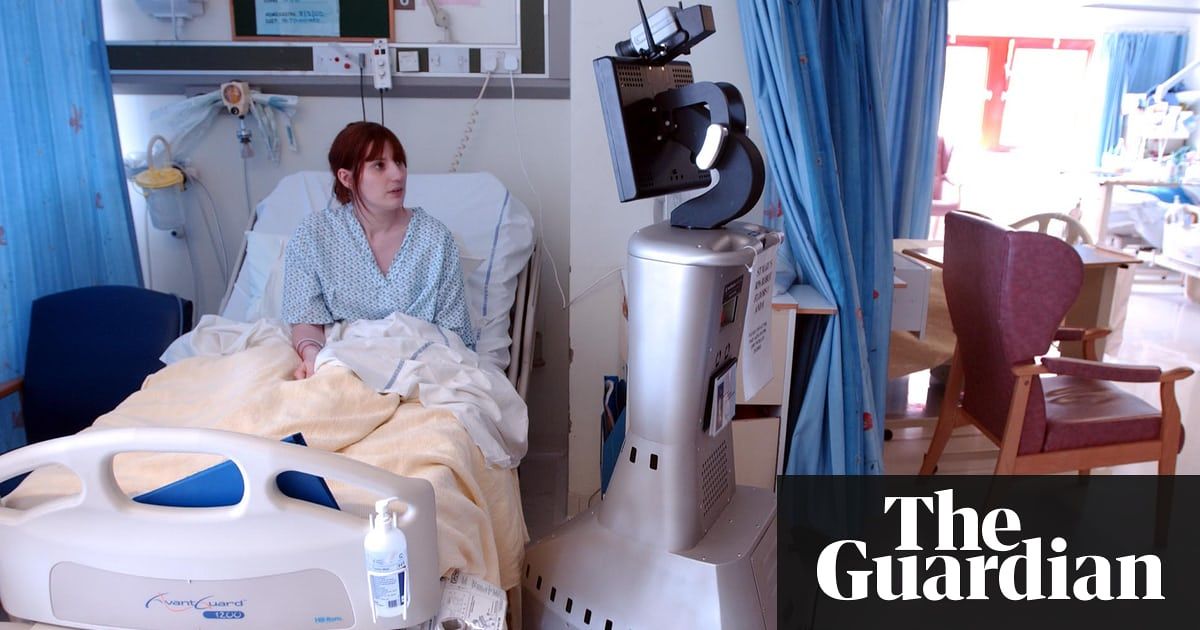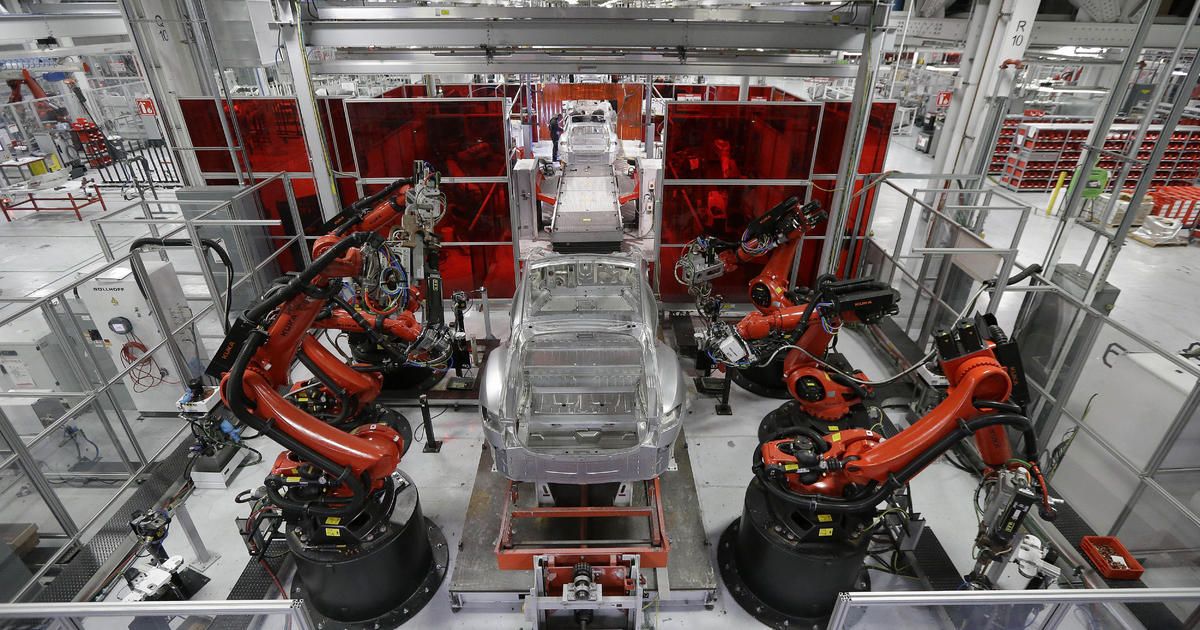Bottom of the barrel white collar jobs will all probably be automated by 2025.
When Google introduced Google Duplex, its AI assistant designed to speak like a human, the company showed off how the average person could use the tech to save time making reservations and whatnot. What wasn’t touched on was the possibility that Duplex may have a use on the other side of the line, taking over for call center employees and telemarketers.
A report from The Information suggests Google may be making a play to find other applications for its human-sounding assistant and has already started experimenting with ways to use Duplex to do with away roles currently filled by humans—a move that could have ramifications for millions of people.
